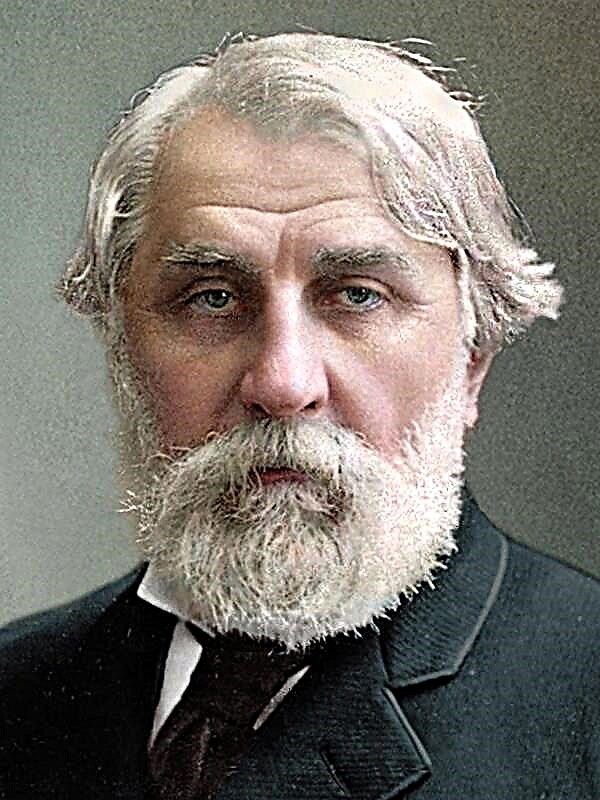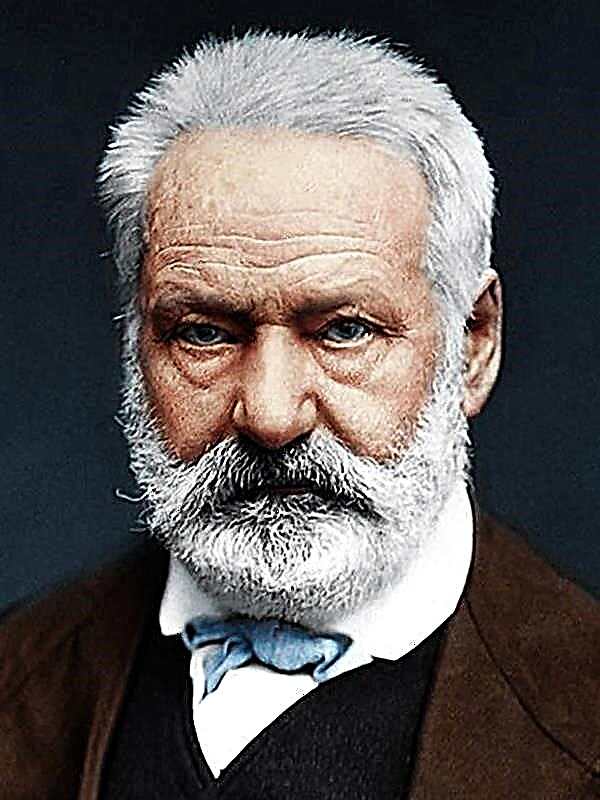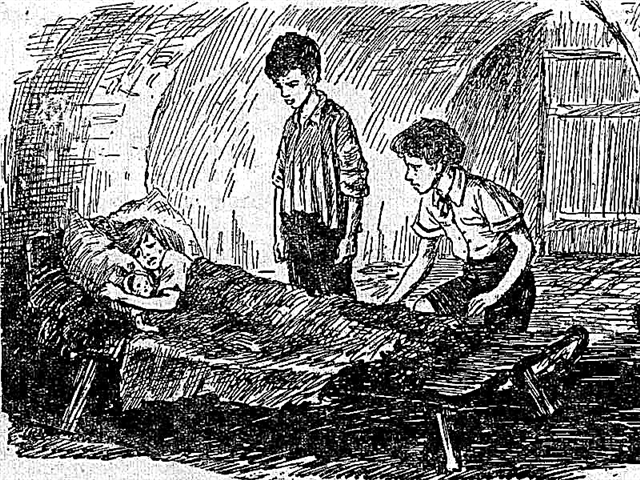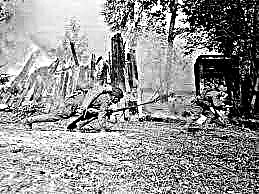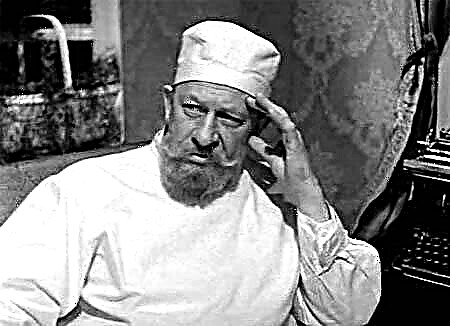N. Nekrasov has many works that can and should be used as original and high-quality arguments for the essay. One of them is “Thinking at the front door”, a very short content of which we suggest you use for your reader’s diary in order to always remember the main events from the book.
(273 words) We are talking about the front door, to which all important persons gather on solemn days. Behind the doors they spend serene time and, satisfied, then leave for home. But on ordinary days, ordinary people gather near this entrance. The narrator once saw the poor come here with a petition, but the proud doorman did not let them into the courtyard - the owner does not like the mob, and these are too pathetic and ragged in appearance. Then the men decided to pay the entrance with their meager penny, but the doorman did not accept this, and left them alone to barely drag their legs in the hot sun.
Further, the narrator calls on the very owner of the chambers, mired in idleness, to think better of and change his attitude towards ordinary people, to help them and thereby save his soul. But there are few hopes - happy people do not think about good deeds, they only care about their own easy life. In old age, such a person, indifferent to the suffering of others, will die somewhere on the coast of Sicily, surrounded by hypocritical family members who are just waiting for his death. He will be buried with all honors, but with hidden relief.
Nevertheless, as is commonly believed, the Russian peasant is used to everything, and is it worth it to strain on such a trifle? The narrator says that poor people will drink everything to the last penny, and then they will be begging and moaning from a difficult life. And there is no corner on Russian soil where ordinary people would live happily, under the protection of their masters. Everywhere the Russian man groans: in the steppes, and in forests, and in prisons, and in prison. And if you go to the Volga, you can hear the groan of exhausted barge haulers, which we consider to be a song.
Finally, the narrator asks a dumb question to the people, will he continue to obey a difficult fate, or will he rise and begin to fight for his happy life?



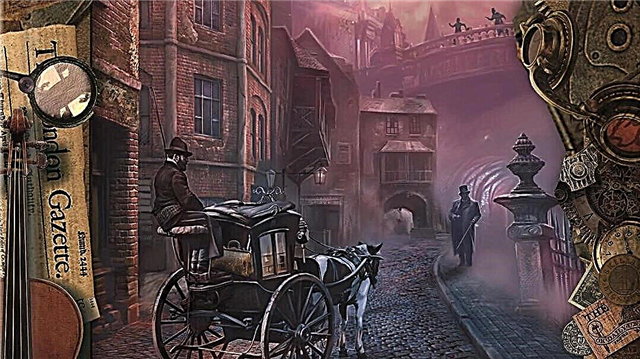
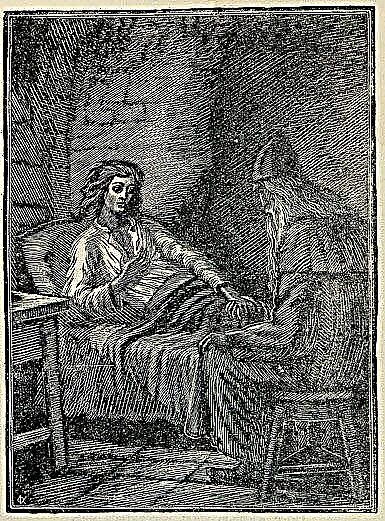
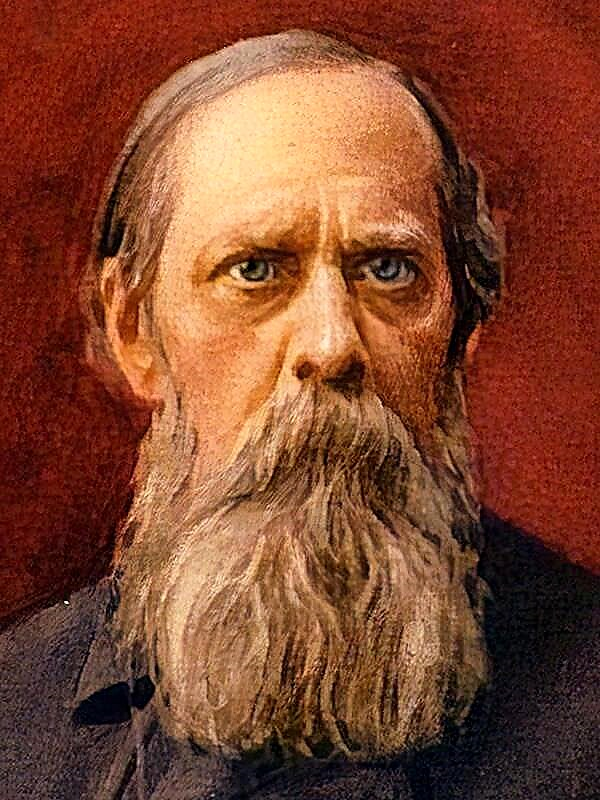 Fairy tales
Fairy tales